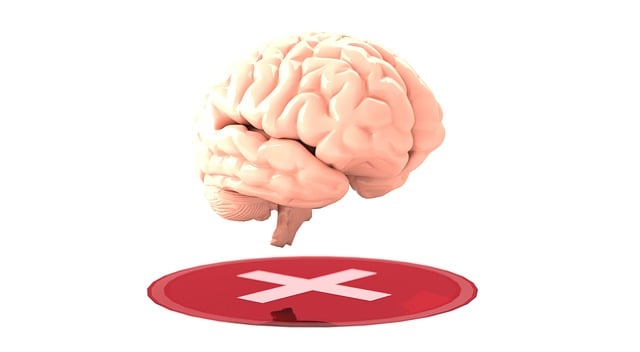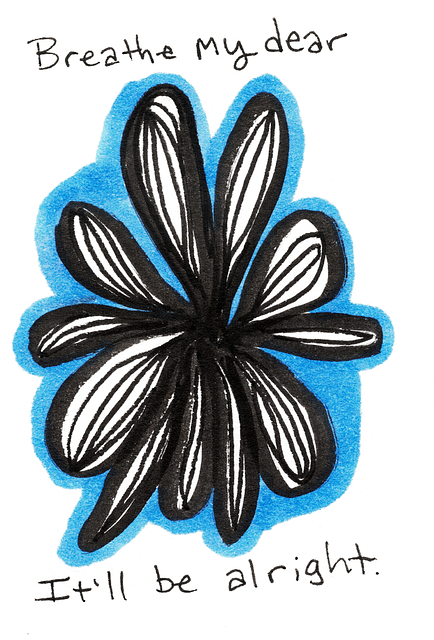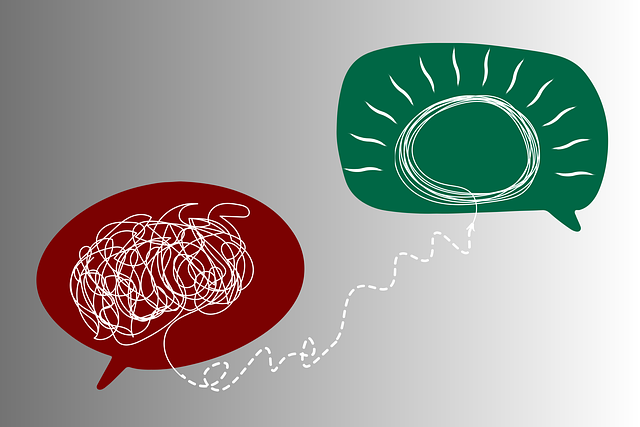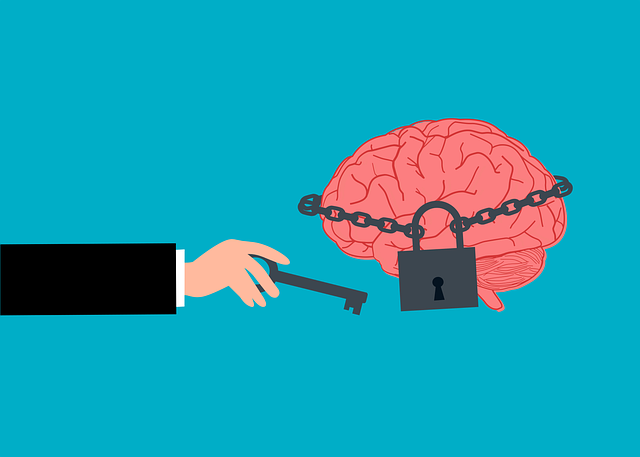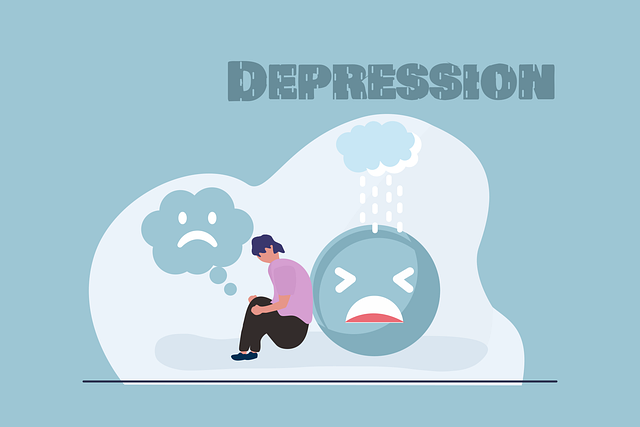Mental Health Crisis Hotlines provide 24/7 confidential support, offering trained professionals who help manage depression, anxiety, and self-harm thoughts. These services are crucial for individuals with codependency, an imbalanced relationship issue leading to attachment anxiety. By encouraging self-reflection, equipping coping strategies, and facilitating therapy access, hotlines promote improved mental well-being. Additionally, community outreach programs reduce stigma and teach stress management techniques, fostering open conversations about mental health and proactively handling crisis situations, alongside offering therapy for adults with codependency issues.
“In times of mental health crisis, a simple phone call can be a lifeline. Mental Health Crisis Hotline support services play a pivotal role in assisting adults navigating tumultuous periods. This article delves into understanding these hotlines, exploring their significance and how they provide immediate aid.
We also scrutinize codependency, its impact on mental health, and the therapeutic approaches to break free from unhealthy patterns. Additionally, discover effective strategies and resources for crisis navigation, emphasizing professional help in these critical moments.”
- Understanding Mental Health Crisis Hotlines: A Lifeline for Adults Seeking Support
- Codependency and the Role of Therapy: Breaking Free from Unhealthy Patterns
- Effective Strategies and Resources for Navigating Crisis Situations with Professional Help
Understanding Mental Health Crisis Hotlines: A Lifeline for Adults Seeking Support

Mental Health Crisis Hotlines serve as a critical lifeline for adults seeking immediate support and guidance during moments of intense emotional distress. These 24/7 services provide a confidential and non-judgmental space where individuals can voice their concerns, from feelings of depression and anxiety to thoughts of self-harm or suicide. Trained professionals on the other end offer empathy, active listening, and practical strategies tailored to each caller’s unique situation. This rapid intervention can be instrumental in preventing burnout, managing stress, and even fostering confidence in navigating future challenges.
For adults struggling with codependency issues, these hotlines are invaluable resources. Codependency often stems from imbalanced interpersonal dynamics, leading to feelings of anxiety when separated from the source of attachment. By reaching out for help, individuals can begin to understand their patterns and break free from unhealthy relationships, thereby promoting improved mental well-being. The support received during a crisis hotline call encourages self-reflection, instills coping mechanisms, and paves the way for seeking longer-term therapy when needed.
Codependency and the Role of Therapy: Breaking Free from Unhealthy Patterns

Codependency often goes hand in hand with mental health struggles, especially when it comes to seeking help and support. Many individuals find themselves trapped in unhealthy patterns where they rely heavily on others for validation and emotional stability. This interdependence can be detrimental to one’s well-being and hinder their ability to access effective crisis hotline support.
Therapy plays a pivotal role in breaking free from these codependent behaviors. Professional counselors equip adults with the necessary tools and skills to navigate relationships, improve conflict resolution techniques, and develop inner strength. By focusing on emotional regulation, individuals can learn to manage their emotions effectively, fostering independence and self-reliance. Through therapy, one can uncover and challenge unhealthy dynamics, allowing them to build healthier connections and enhance their overall mental health and crisis response capabilities.
Effective Strategies and Resources for Navigating Crisis Situations with Professional Help

In crisis situations, accessing professional help is paramount. Hotline services play a pivotal role by providing immediate support and guidance, offering a safe space for individuals to express their feelings and concerns. Effective strategies employed by these hotlines include active listening, empathy, and cognitive-behavioural techniques tailored to the caller’s needs. Many hotline professionals are trained in therapy for adults with codependency issues, a common challenge that can exacerbate stress and contribute to burnout prevention. By addressing underlying emotional dependencies, individuals gain insights into healthier coping mechanisms.
Additionally, community outreach program implementation is a powerful tool for enhancing mental health support. These programs aim to reduce the stigma associated with seeking help by fostering open conversations about well-being. Incorporating stress management techniques as part of this initiative empowers individuals to proactively handle crisis situations before they escalate. Whether through hotline assistance or community outreach, these resources collectively contribute to creating a supportive environment where people can navigate their mental health challenges and access the professional care they deserve.
Mental health crisis hotline support services play a pivotal role in empowering adults facing crises, offering immediate assistance and guiding them towards long-term well-being. By combining access to trained professionals with effective strategies discussed in this article, individuals can break free from codependency and its unhealthy patterns. Seeking therapy for adults is a proactive step toward navigating crisis situations with professional help, ensuring better mental health outcomes.
